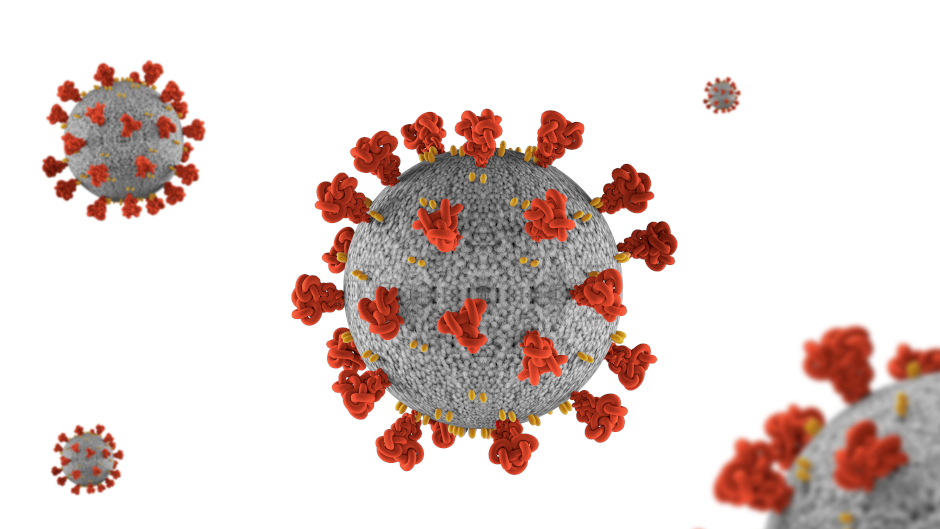The COVID-19 pandemic raises legal issues on every front. Recently, experts from the Miami Law tackled some of the ways in which the virus and responses to it intersect with every legal sector, and most especially with at-risk communities, in a webinar.
“Countries around the world have responded with divergent approaches, with some (like South Korea) more effective in controlling the virus than others,” said Professor Caroline Bettinger-López. “There are many views on the best path forward, which have significant legal, health, economic, privacy, and other human rights implications.”
Bettinger-López moderated the event, and panelists Associate Deans Caroline Bradley and Kele Stewart and Professors Rebecca Sharpless, Mary Anne Franks, and JoNel Newman weighed in in their areas of expertise.
The panel provided a lens on the operation of courts and the judiciary dealing with vulnerable populations and gave attendees an opportunity to hear remarks from distinguished faculty experts, followed by an online chat-monitored Q&A.
“As our community moves forward in the midst of the COVID-19 pandemic, Miami Law faculty and staff have maintained personal community service commitments and have also engaged in professional and academic pursuits reflecting the myriad ways in which this pandemic interacts with the law,” Bettinger-López said. “Just one example is the Startup Practicum, which is helping clients apply for small business loans offered by Congress’s stimulus package and has been retained by a startup developing a platform to link healthcare facilities directly with healthcare providers.
“Faculty members are writing about tax aspects of the CARES Act and the impact of emergency restrictions on funerals and religious services, researching temporary bans on wildlife markets, how the pandemic might affect our response to climate change, the implications of the stimulus package on unemployment insurance, and the impact of the crisis on people who experience homelessness or are unstably housed,” said Bettinger-López. “We will be engaging on many more subjects in the coming weeks and months.”

